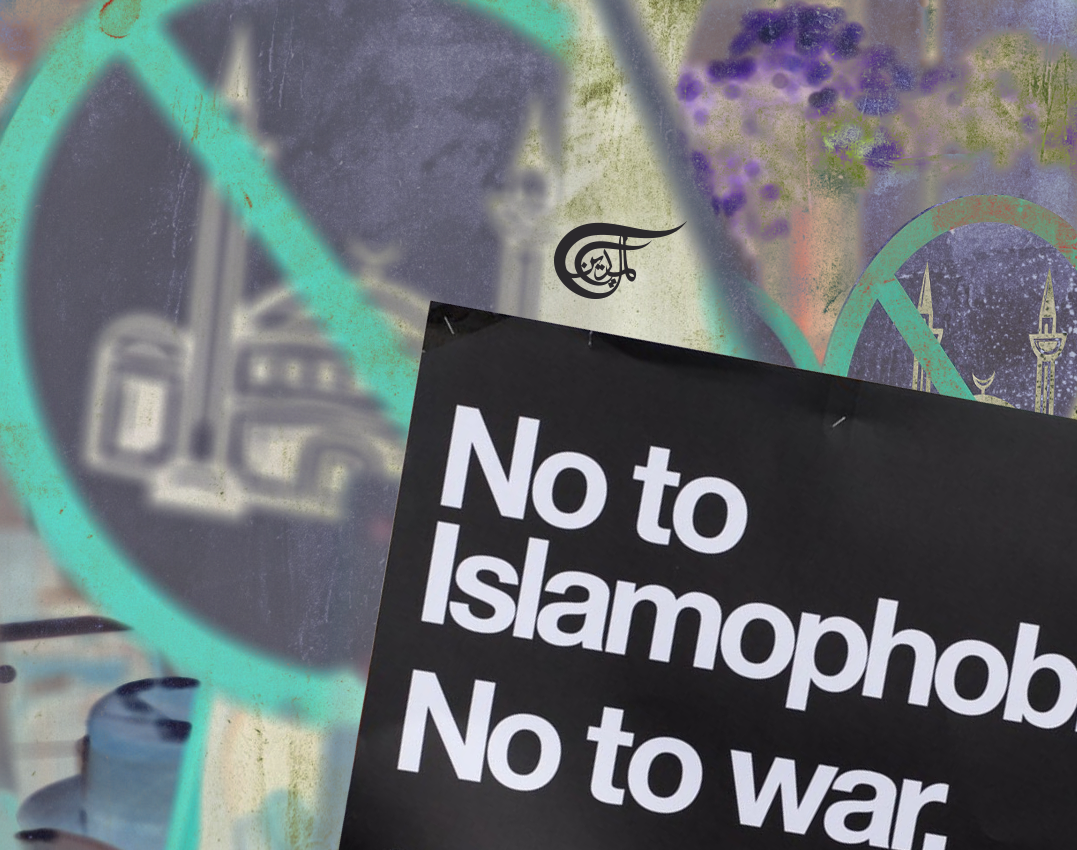Islamophobia: Tracing the Securitization of Islam and Muslims
Anti-Muslim sentiments and Islamophobia have been generated to the extent that, the identities and values are perceived to be threatened by Islam
In the wake of the 9/11 incident, concerns about Islamophobia have increased and terrorism is now perceived to be the reason (Rychnovská, 2014). Consequently, several groups of people have been represented as a security threat. This applies to Muslims in general and Religion-Islam in particular. Western countries equate Islam with the Palestinian issue, Iran and al-Qaeda movement, their discourses of Islam involve an essentialized approach to a multifaceted faith (Cesari J., 2012). Therefore, anti-Muslim sentiments and Islamophobia have been generated to the extent that, the identities and values are perceived to be threatened by Islam (Krumme, 2010).
In the United States and Europe, anti-Muslim and anti-Islamic sentiments are on the rise. As a result, Muslims and Islam have been securitized on several occasions in Europe and the United States. To name just a few, mosques controversies in different states of the US, discourses about an Islamic center at Ground Zero, the “minaret” issue in Switzerland, and anti-niqab/veiling legislation in France and other European countries (Zafar, 2019).
Securitization is the process of convincing an audience (state, individuals, or society) of an issue as an existential threat by a securitizing actor. The contemporary securitizing agents in the West predominantly use this method to securitize Islam as a threat to Western culture and security. The Non-state entities such as Daesh and Al-Qaeda or their affiliates' related terrorist actions against the West are used to justify such securitization ideologies (Cesari, 2012).
In Western discourses, Islam is associated with "fundamentalism" and "extremism." It's also associated with terrorism, making it a huge security issue (Jawad, 2010). Furthermore, politicians and policymakers have securitized the integration of Muslims and Islam in western cultures, further provoking the public narrative. Islam has been securitized as an existential threat to the western countries and as a result of which extraordinary measures and policies towards Muslims and Islam have been formulated, which lead towards the exclusion of Islam from the West.
Until now, the securitization of Jihad, Wahabism, and Sharia Law had been the dominant component of Islam's securitization, but now immigrants and refugees have become an equal target, signaling a shift in the security discourse. Furthermore, unfavorable sentiments increase the public's concern of Islam as a security concern. Such misconceptions about Muslims and Islam are based on ancient times and prior experiences with colonial oppression, rather than a thorough understanding of the contemporary situation in the Muslim world. There is a need to educate the public about the inclusion of Islam in public spheres and to support the implementation of alternative counter-terrorism measures, both for the west by highlighting its counter-productive manifestations and for the Muslim world to avoid perpetuating conflict between the West and Muslim world (Zafar, 2019).

 Ruqiya Anwar
Ruqiya Anwar
 3 Min Read
3 Min Read












